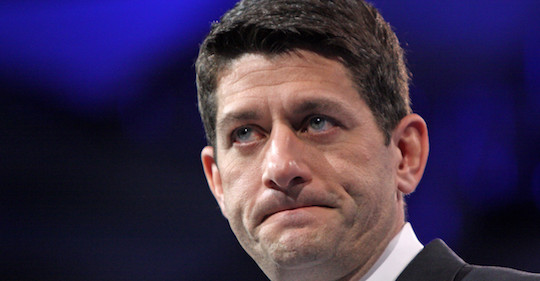Good news for Montanans with anxiety and subscriptions to Xbox Live: a judge has ruled that medical marijuana providers can start selling to any number of patients immediately. Ballot initiative I-182, which passed in November, was supposed to repeal the three-patient limit that made it impossible to run a dispensary for profit. Unfortunately, a “scrivener’s error” inadvertently delayed repeal until July 2017. Apparently, the authors of the initiative rewrote it at the last minute, changing the section numbers but not changing the part about when which sections took effect.
You don’t see the anti-abortion people making these kinds of mistakes. Anyway, Judge James Reynolds of Helena ruled last week the law’s intent should overrule its letter. He struck down the three-patient limit effective immediately. Doctors in Montana can diagnose patients with chronic pain or PTSD and prescribe legal marijuana, and the market can provide it to them.
It would appear that one of the longest-running controversies in state politics has been settled. The typo that delayed the ballot initiative that repealed the law that worked around the governor’s veto of the repeal of the original ballot initiative that legalized medical marijuana in 2004 has been overruled! When you put it that way, it doesn’t sound like the issue is settled after all. We’re right back where we started, plus PTSD and chronic pain.
When I got to Missoula, dispensaries were everywhere, and so were their products. Between March 2009 and March 2011, the number of medical marijuana cardholders in the state went from 2,000 to 39,000. I talked to electricians who said the greenhouse boom was the best thing that ever happened to their business. Garden suppliers said the same thing. Montana had a growth industry, which is a little like the Cubs having a shot at the World Series.
Enter the party of growth and business. In 2011, Republicans in the state legislature voted to repeal the ballot initiative that legalized medical marijuana—only to be vetoed by then-governor Brian Schweitzer. They passed the three-patient limit for each provider instead, and it worked. No dispensary could stay in business with only three customers. The suit to have that law declared unconstitutional lasted five years—just long enough for November’s ballot initiative, I-182, to repeal the law instead.
It seems this issue has been laid to rest in much the same condition as it arose. A ballot initiative has made medical marijuana legal and done little to limit the number of its patients. We’ve even got a Democratic governor and Republican legislature. Will the opponents of marijuana stop narc-ing out for a minute and leave the voters’ will in force? I hope they do, but I bet they won’t. You can read all about it in this week’s column for the Missoula Independent. I got up and shoveled four inches of snow this morning, and already my sidewalk is covered again. We’ll be back tomorrow with Friday links, snowed-in and cozy with nothing to do but type, just like in The Shining.





